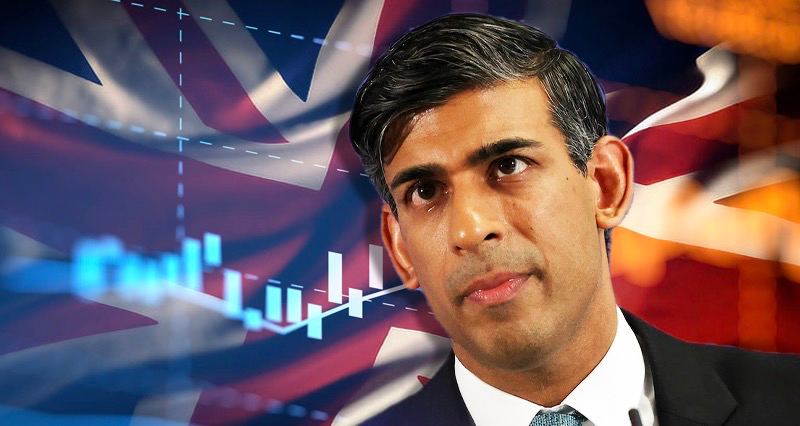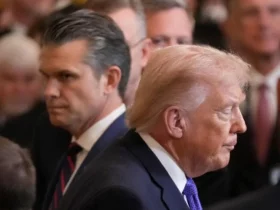By Tolga Dişçi
In the United Kingdom, the debate on the tax cuts proposed by the government continues. Prime Minister Rishi Sunak recently stated that social benefits provided by the public sector will be cut to finance tax cuts.
British economist Michael Roberts analyzed the debate for us.
Will the planned cuts in social benefits and the tax cuts to subsidize them have a positive or negative outcome for working people?
The UK’s finance minister (called Chancellor) Jeremy Hunt has just presented the Conservative government’s budget with an election due by the end of the year.
It’s a joke. Hunt says that the government can boost economic growth by reducing taxes (mainly for the rich) – yet there has never been any evidence that such ‘trickle-down’ economics works to boost investment and living standards.
“The poorest income earners will lose more”
Hunt plans to cut social security contributions, but his plan will only help middle income earners, i.e. those earning more than 60,000 euro a year (and even then, nowhere near as much as they have lost since the pandemic from high inflation). The poorest income earners will lose more because the threshold for paying tax is not being raised.
He plans to raise public spending in real terms by a pathetic 1% a year. As most of this will have to go to the health and education services, that will mean more real cuts for local government and other public services after a decade or more of such cuts. Many local councils are going bust. The health service and schools are at breaking point. In contrast, Hunt plans to raise military spending by 25% in real terms over the next few years.
But even the proposed 1% increase in spending is unlikely to happen anyway because the government is pledged to reduce public debt to GDP over the next five years. And its own estimates show that won’t happen unless there is a further slashing of services.
Sunak’s trickle-down economics
Why is the Sunak government embarking on these tax cuts? Can a way be found to ensure that these cuts are borne by the wealthy?
The Sunak Conservative government is ideologically committed to reducing the public sector services and turning them over to capitalist firms. It aims to protect the wealth and income of top 1% at the expense of the rest. It believes in ‘trickle-down’ economics, i.e. the rich get richer and can employ more workers who then get some crumbs from the rich persons’ table.
No plans to redistribute wealth and income more justly
Inequality of personal wealth and income is very high in the UK. The government could raise huge funds for public services and welfare from progressive taxation of incomes. The current tax system is actually regressive, with the poorest paying a higher percentage of their income in all taxes (income taxes, local government taxes and VAT) than the richest. A tax of 1% on the wealth of the very rich would easily provide sufficient funds to support a rapidly weakening national health service and crumbling schools. And every year, the rich evade and avoid tax by accounting trick and sending money abroad to tax havens to the tune of 60 billion euro. But the tax authorities do not have the staff to chase this evasion.
Nothing is going to be done to achieve tax justice – neither the current Conservative government nor the likely future Labour government (after winning an election this fall) has any plans to redistribute wealth and income more justly.

















Leave a Reply